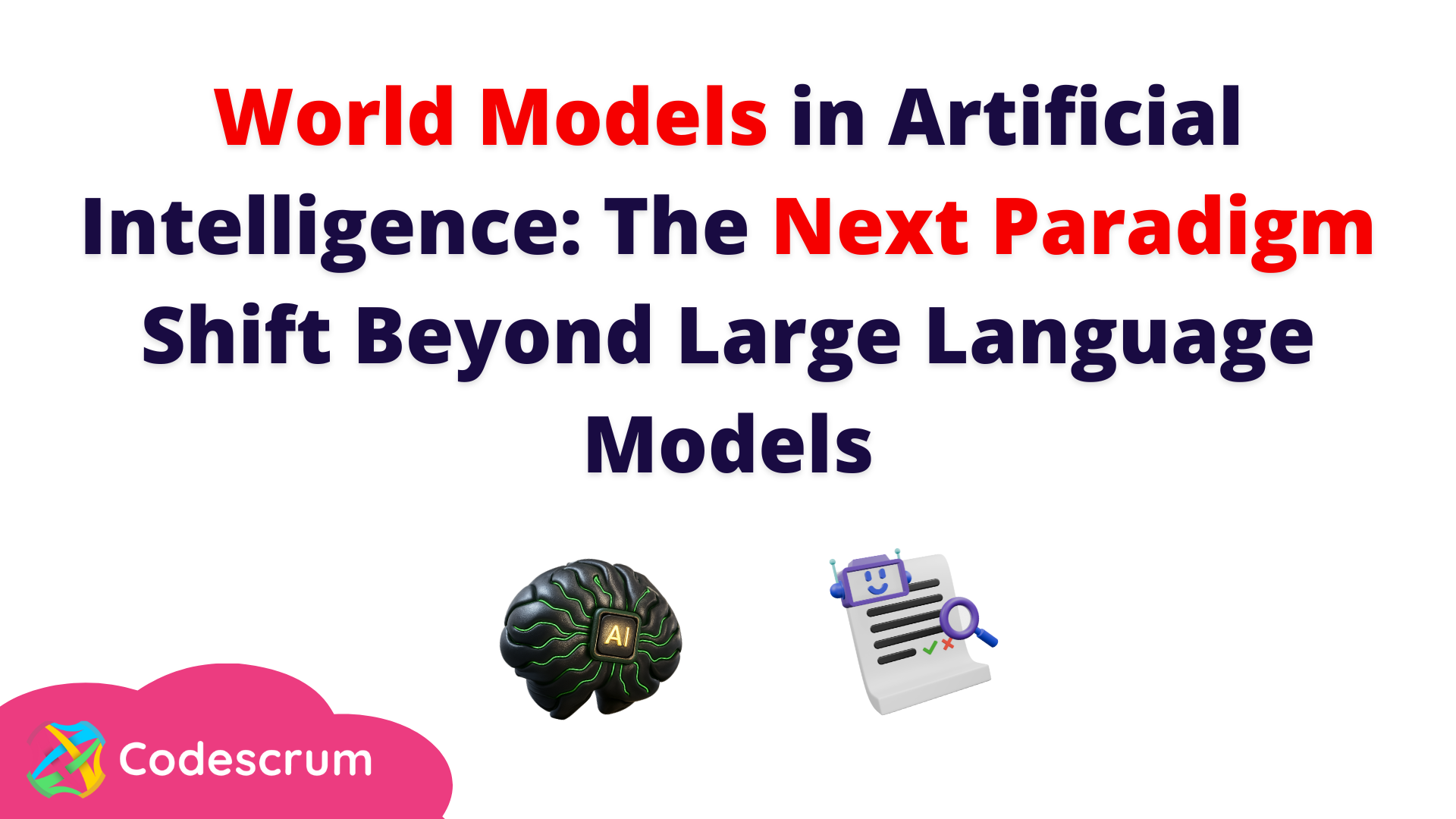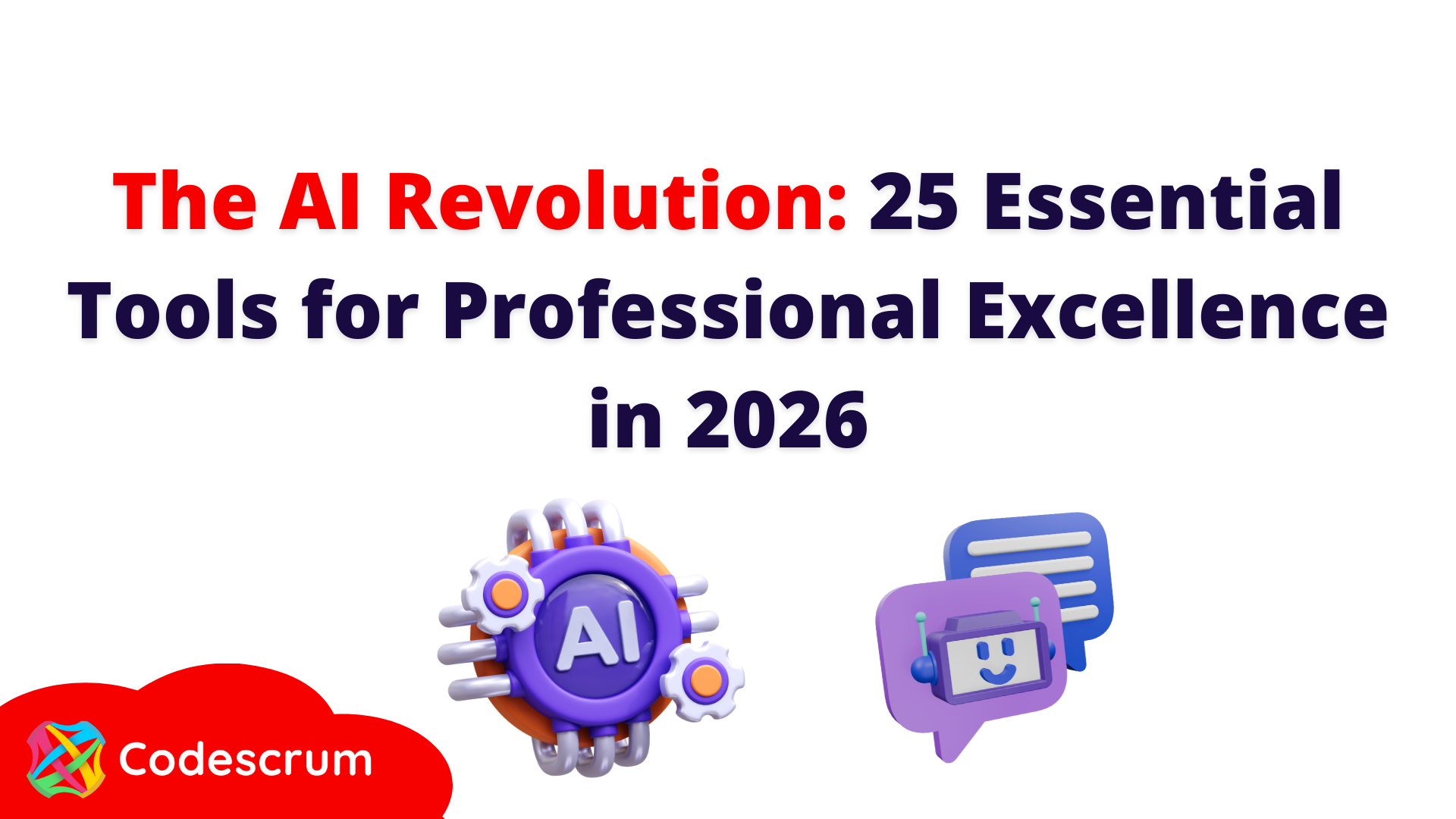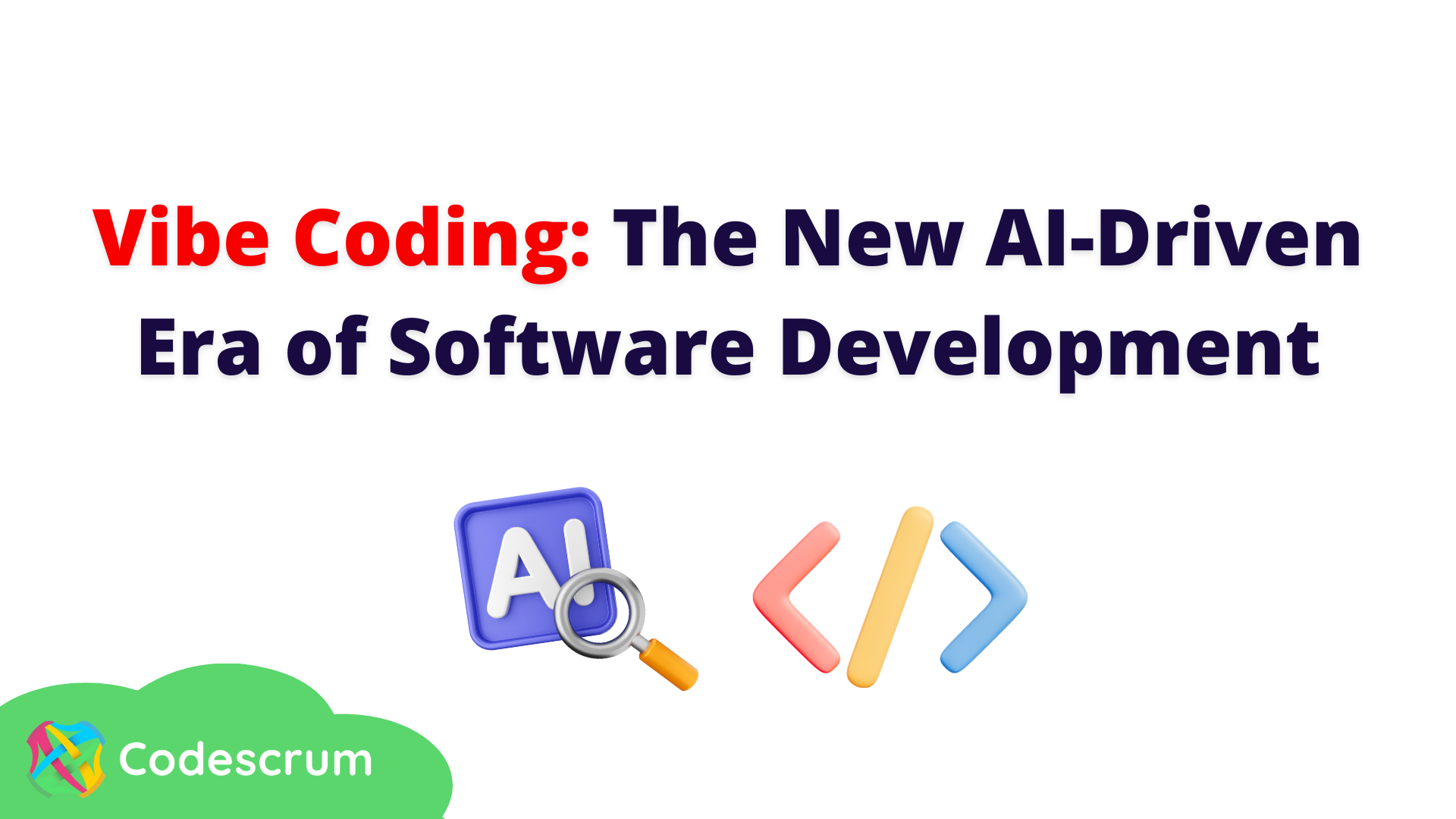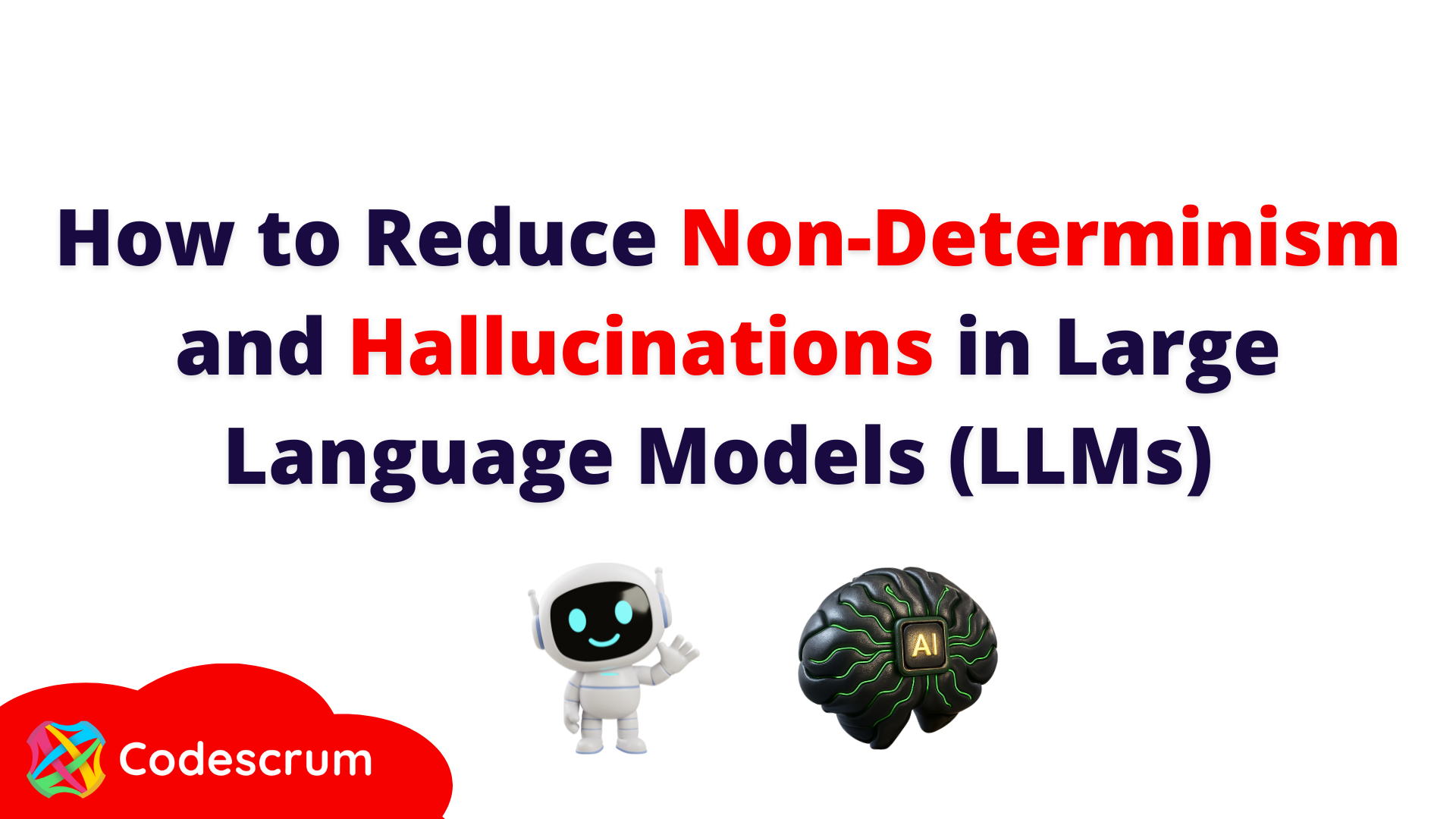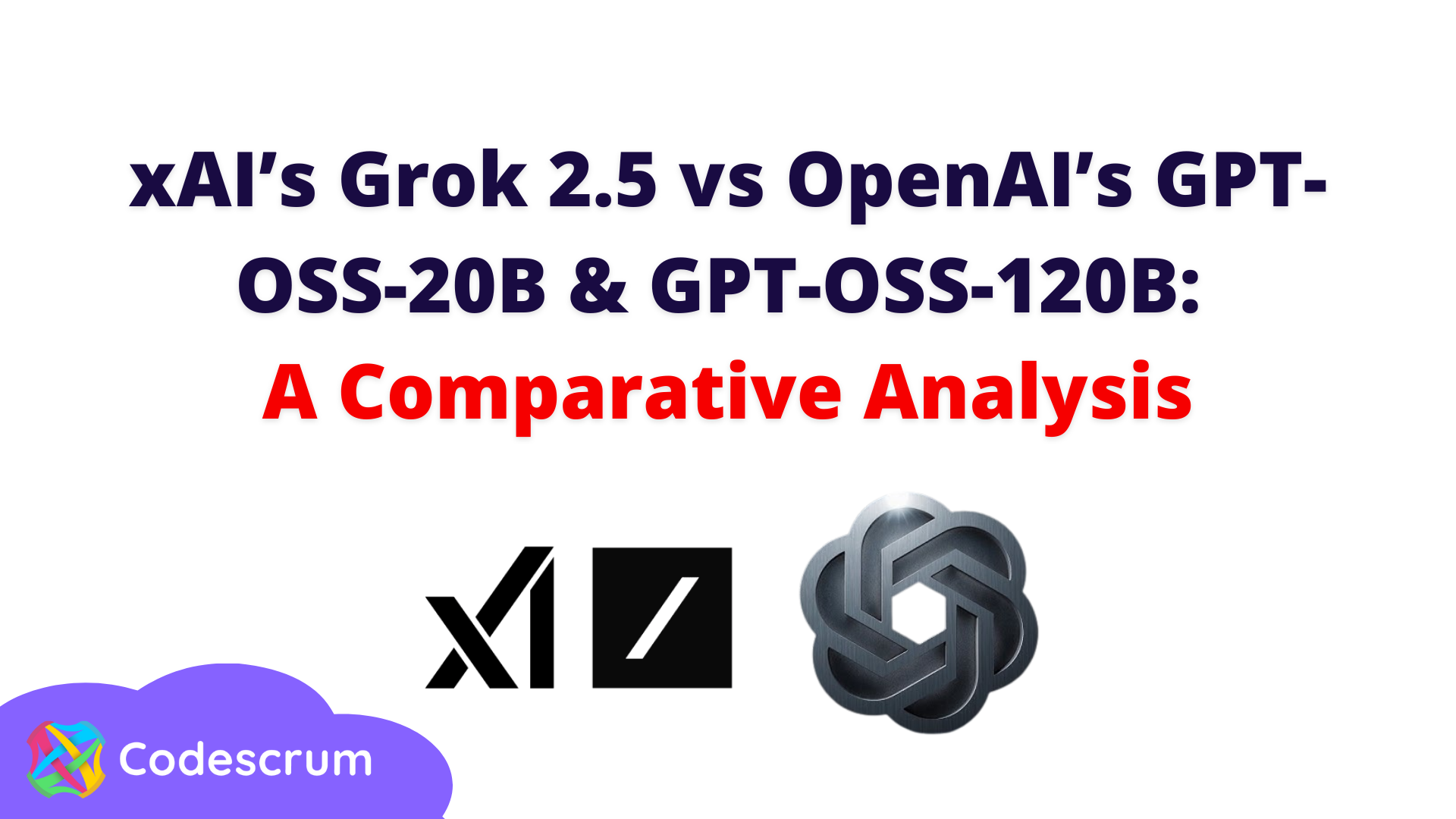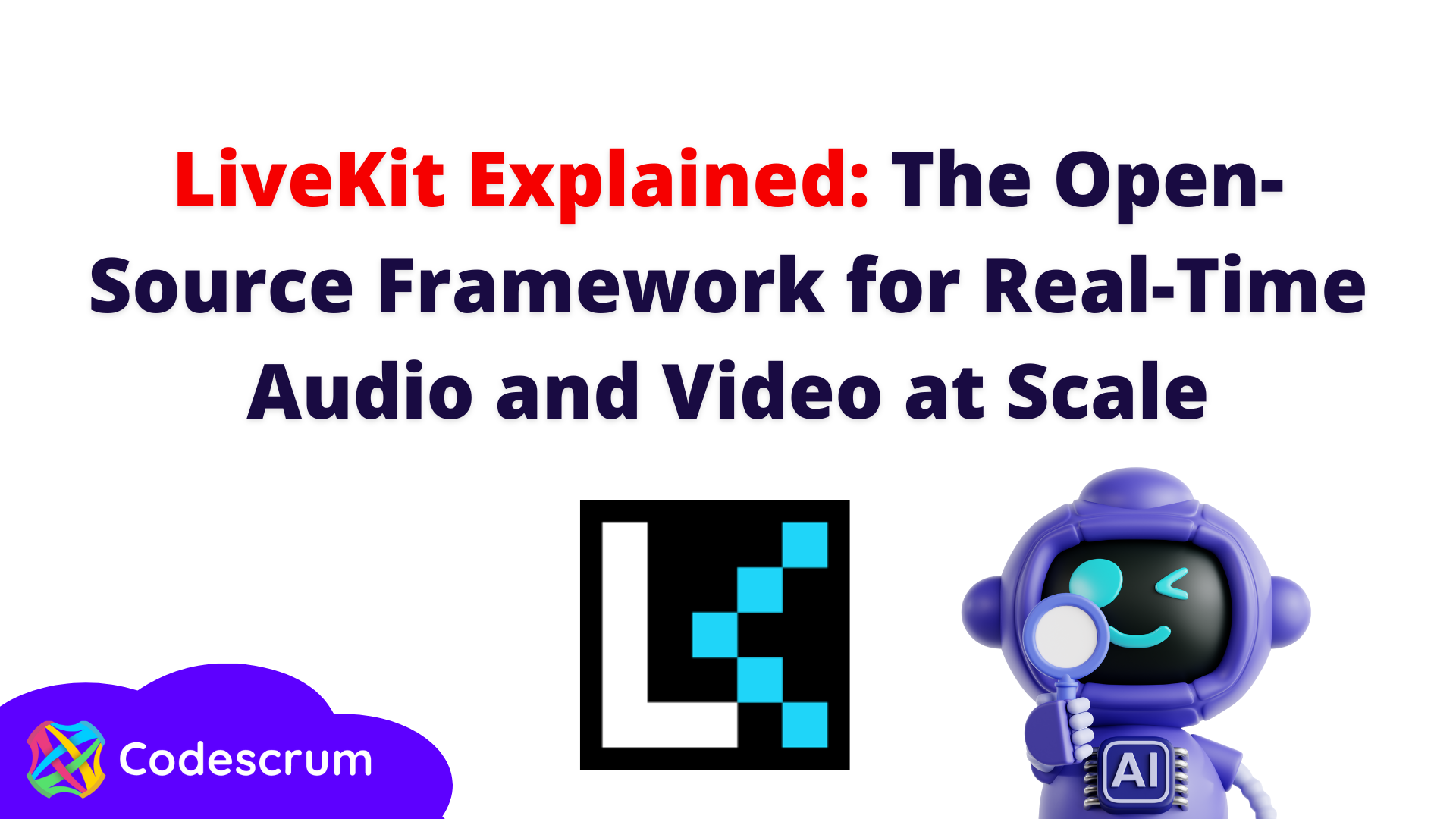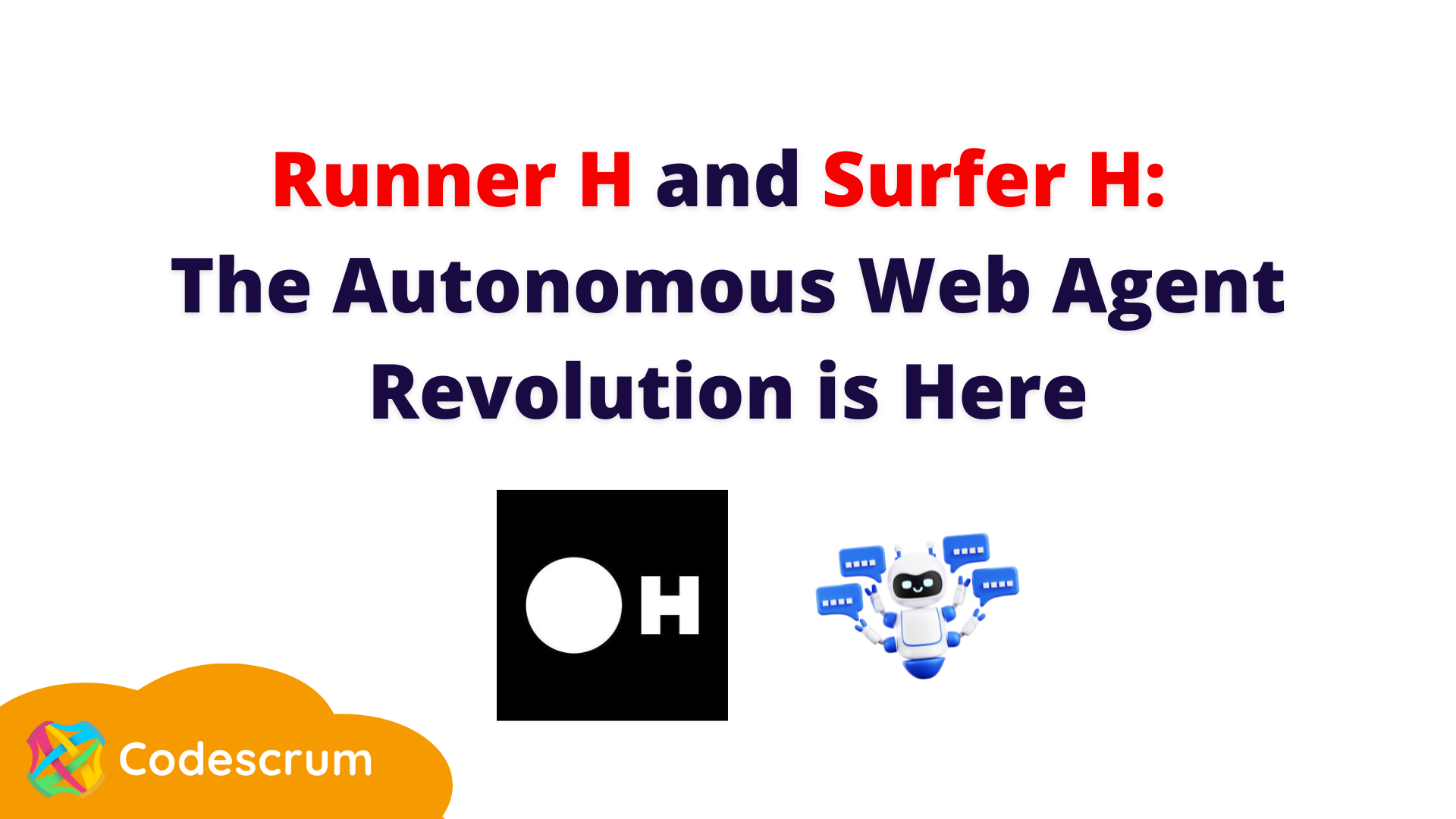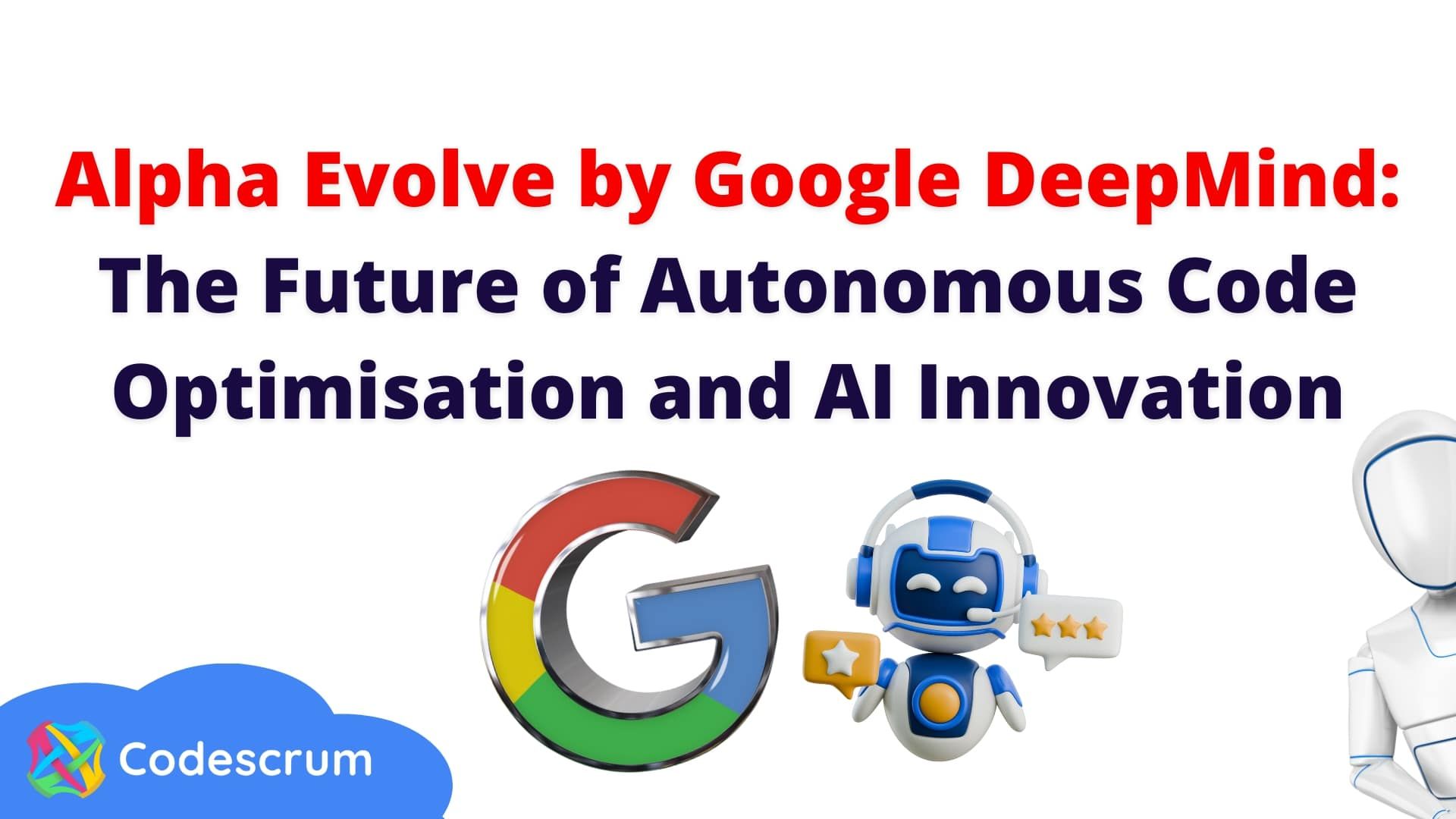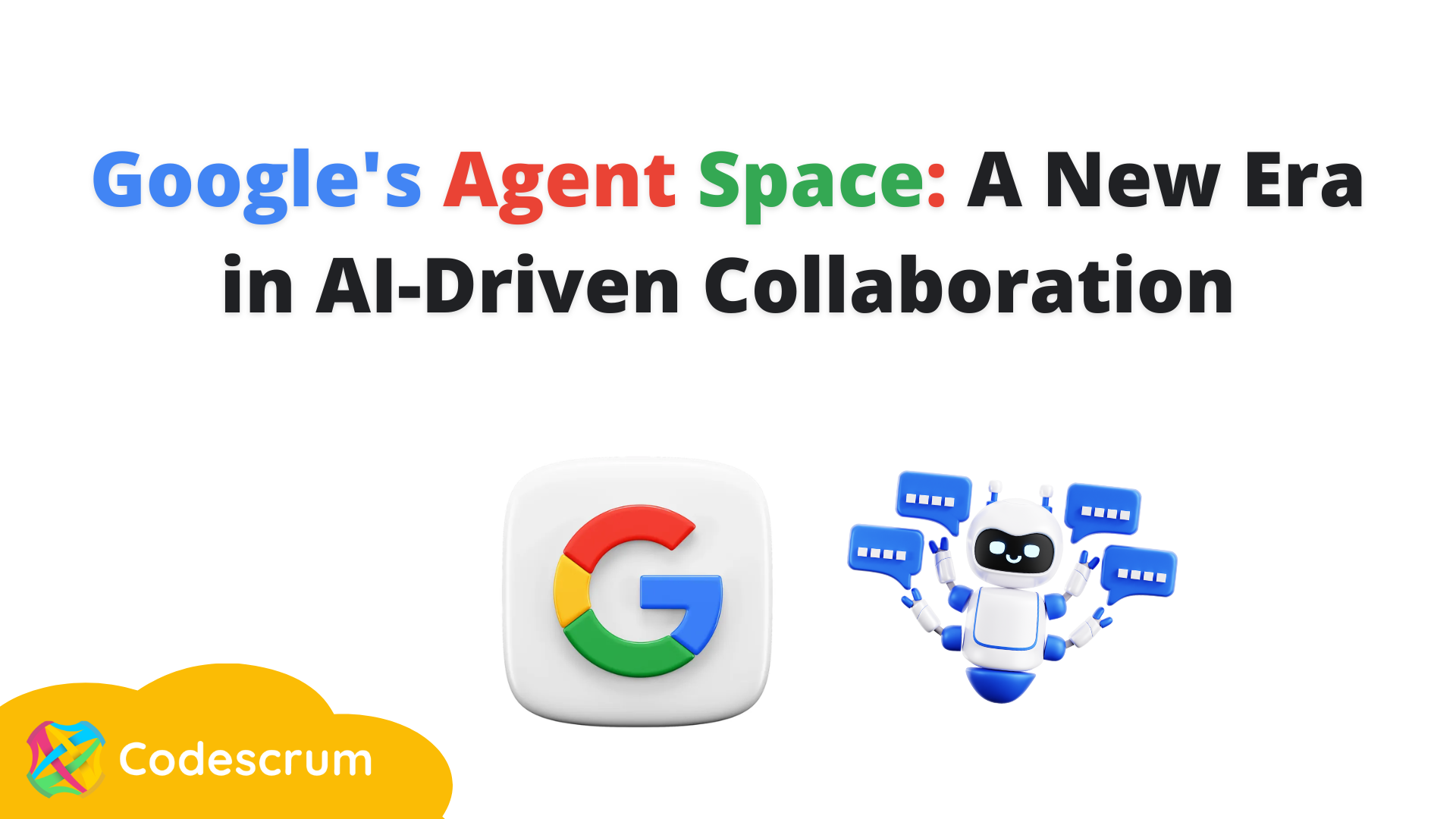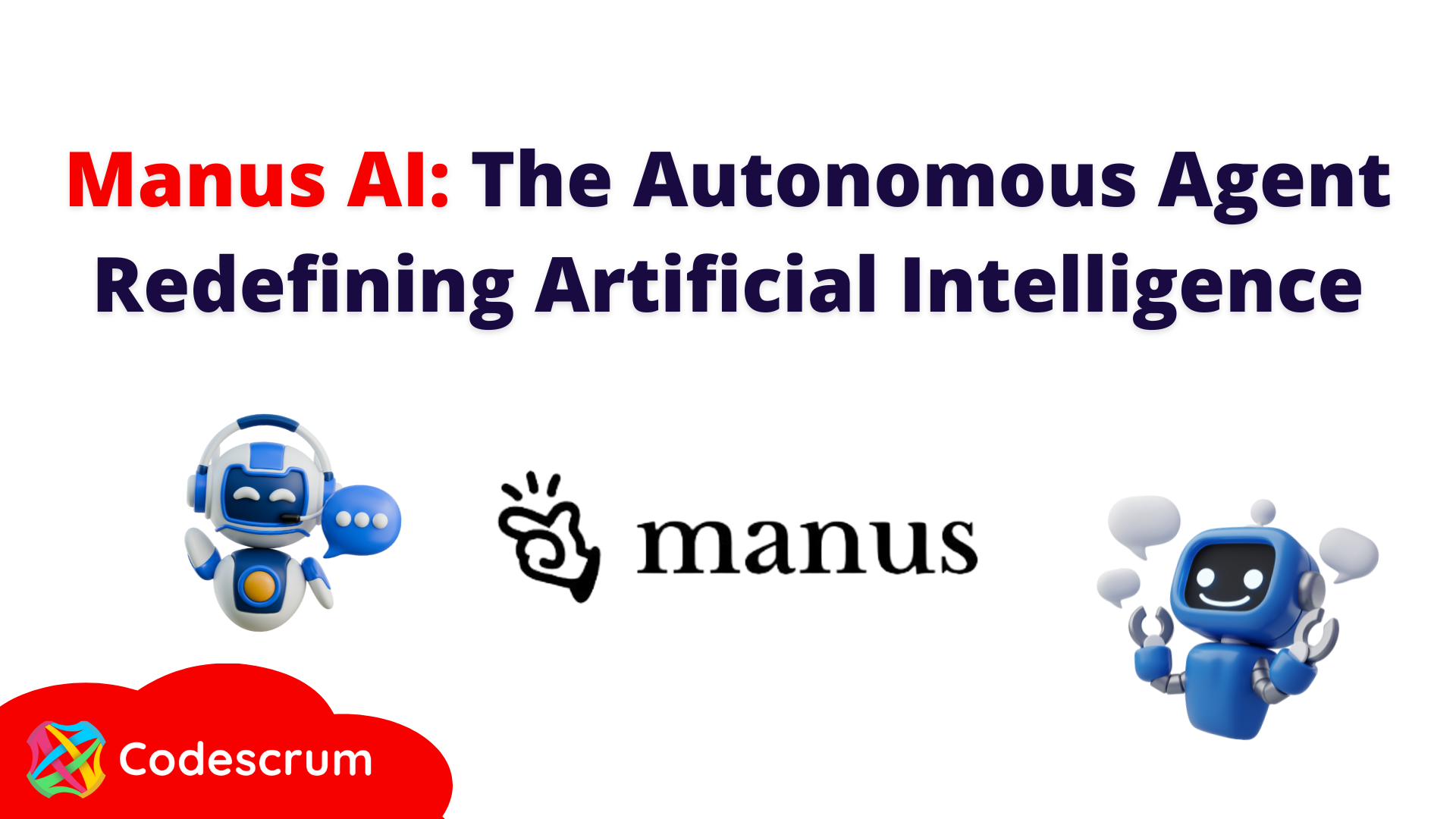5 Blockchain grants you should know about
5 Blockchain grants you should know about
The blockchain industry has grown in the last five years thanks to all its benefits, such as speed, transparency, and immutability. Each of the most common blockchain networks has a specific budget to support projects based on this technology. However, the conditions for the allocation of these resources depend on the criteria that each blockchain has established. For example, some are looking to support projects whose value proposition is to improve network security, and others support educational and social projects. For this reason, if you are looking for a blockchain grant, you should know the type of projects it supports.
In this blog post, you will find five blockchain grants you should know about.
1. Ethereum grants
The programs listed below offer a variety of funding grants for projects working to promote the success and growth of the Ethereum ecosystem. You can use this as a guide to find and apply for funds to help make your next Ethereum project a success.
There are several different ways the ethereum ecosystem go about awarding funds:
- Small grants: capped at $30,000, are aimed at projects that are smaller in scope, more experimental, in early stages or have a shorter timeline.
- Project Grants: undergo a more intensive process of review and feedback, with no hard limit on the size of the request. Larger grants often evolve significantly from the initial application, in collaboration with the ESP team. Project Grants are targeted toward projects with multiple phases or components, longer timelines, more complex needs and greater financial or operational overhead.
- Event sponsorships: we accept sponsorship requests for events focused on Ethereum's technology and community through our small grants program.
Which is the grants scope?
As the public facing allocation arm of the Ethereum Foundation, ESP provides funding and other forms of support to eligible
projects working to improve Ethereum. They focus on work that strengthens Ethereum's foundations and enables future builders, such as open source tooling, building blocks and libraries, research, community building, educational resources, open standards, infrastructure and protocol improvements.
ESP support is generally directed toward enabling builders rather than end-users: strengthening Ethereum's infrastructure, expanding the range of tools available to those building on Ethereum, gaining a deeper understanding of cryptographic primitives, and growing the builder ecosystem through education and community development. They are open to supporting work from people and teams of all kinds.
Where to apply?
For small grants : https://esp.ethereum.foundation/applicants/small-grants/apply
For project grants: https://esp.ethereum.foundation/applicants/project-grants/apply
2. Chainlink Grants
The Chainlink Community Grant Program funds development teams and researchers building a more functional, accessible, and socially impactful smart contract economy.
The Chainlink grant program deploys substantial resources toward the creation of critical developer tooling, the addition of high-quality data, and the launching of key services around the Chainlink Network.
Grants programs they offer:
- Community grants seek to empower more and more Chainlink ecosystem teams who are building key tools and infrastructure that accelerate the development of universally connected smart contracts and secure oracle node infrastructure.
- Integration grants encourage projects and teams from all over the world to provide specific technological work and services for advancing the Chainlink Network.
- Bug bounties support developers and security engineers who examine Chainlink’s core code and harden it against potential attack vectors now and in the future.
- Research grants fund researchers and academics who conduct and publish innovative research that advances the development of the Chainlink Network.
- Social impact grants support nonprofits and organizations that are exploring how to use smart contracts and on-chain data to benefit emerging markets and contribute to the betterment of humanity.
Where to apply?
3. Polkadot grants
Web3 Foundation funds development work driving advancement and adoption of decentralized software protocols. They support projects that make it easier for developers to build useful applications using these protocols.
They are particularly interested in the following areas:
- Benchmarking
- New primitives: Technical/Economical
- Analysis of existing protocols and implementations
- Security testing
Generally, your project will have better chances to be accepted if:
- It presents a well-researched or tested concept, for which ideally you are able to show some prior work.
- You can demonstrate that the project will be maintained after completion of the grant, be it through an obvious commitment to the technology from your side, additional funding sources or an existing business model.
- Your team has proven experience with the relevant languages and technologies and/or a strong technical background. You will be asked to provide the GitHub profiles of your team members as part of your application, which they will examine for past activity and code quality.
- Naturally, you can also link to projects on other platforms.Your application is rich in technical details and well-defined.
- You can clearly present how your project stands out among competitors or implements technology that doesn't exist in the ecosystem yet.
Additionally, it must fulfill the following requirements:
- All code produced as part of a grant must be open-sourced, and it must also not rely on closed-source software for full functionality. Web 3.0 prefer Apache 2.0, but GPLv3, MIT or Unlicense are also acceptable.
- They do not award grants for projects that have been the object of a successful token sale.
- As a general rule, teams are asked to finish a grant before applying for another one.
- Lastly, Web 3.0 not fund projects that actively encourage gambling, illicit trade, money laundering or criminal activities in general.
Some ideas of grant projetcs: https://github.com/w3f/Grants-Program/blob/master/docs/polkadot_stack.md
The W3F program offers different grant levels to help you best depending on your current stage.
Level 1 (= InstaGrants)
• Target: Individuals & small teams
• Amount: Up to $10.000
• Requirements: 2 approvals
Benefits: Feedback during application process and evaluation, introduction to related teams/projects
Level 2
• Target: Small teams/start-ups
• Amount: Up to 10.000
• Requirements: 3 approvals
• Benefits: All of the above + co-promotion, Grants Program badge, fast track to Substrate Builders Program
Level 3
• Target: Companies/foundations with a proven track record
• Amount: Unlimited
• Requirements: 5 approvals (for >$100k: Web3 Foundation Council approval + Pitch call)
• Benefits: All of the above + VC introduction.
Where to apply?
https://github.com/w3f/Grants-Program
4. Near grants
Near Protocol offers the following DeFi grants:
NEAR DeFi Ecosystem: Proximity can be most helpful to strong teams launching a unique DeFi protocol on NEAR or Aurora. You can apply If you're building in the NFT, MetaVerse or DAO space. They include:
- Education grants: The NEAR Education Team offers grants to projects sharing their mission of educating and enabling 1 million individuals (developers, entrepreneurs and educators) by 2023. You may qualify for an education grant if you are developing:
- Software projects: For devs of open source educational components, whether standalone or part of a team
- Services: For educators to create tutorials, videos, workshops, or write docs for builders.
- Other Projects:For local, national and global meetups and trainings.
Who should apply?
Apply for a grant if you are highly motivated and self-directed, have a specific idea in mind, and are ready to start immediately. At least some part of your proposal must include plans to produce something educational value for the NEAR ecosystem.
How much is available?
In the 6 months spanning September 2021 through February 2022 our team awarded 47 recipients among 15 countries over $1.7M USD worth of NEAR tokens to add value to the efforts of educating the world about NEAR. Throughout 2022 near blockchain hope to attract even more amazing proposals worth $5-10M USD, including yours.
Where to apply?
https://airtable.com/shr48YzCn2OTfKR4B
5. Solana grants
The Solana Foundation Grants Program provides milestone-based funding to support initiatives aimed at decentralizing, growing, and securing the Solana network.
Below are a few categories of projects we’re interested in funding:
- Censorship Resistance
- DAO Tooling
- Developer Tooling
- Education
- Payments / Solana Pay
- Financial Inclusion
- Climate Change
- Academic Research
When determining whether your project proposal fits the bill for a Foundation grant, be sure it meets the following criteria:
- Open Source: Not all projects require code, but they should be built in the spirit of open sourcing your learnings for everyone to learn from.
- Public Good: the evaluators want to see a clear connection between your proposal and the value it generates for the broader Solana or global community.
- Ability to Execute: Show how your team has the skills and potential to bring your proposal to life.
- Unique Contribution: evaluators like when they see additive projects. You don’t have to be the only one working on your project, but we encourage you to veer away from the well-trodden ground and work on something relatively novel.
- Clear Use of Funds: be thoughtful about how much you’re requesting and present a clear plan for how the funding will help you accomplish your goals.
Where to apply?
https://share.hsforms.com/1GE1hYdApQGaDiCgaiWMXHA5lohw
Final thoughts…
For us, it has been fascinating to be able to analyze each one of the requirements to apply for the different blockchain grants. We know that many people with great ideas can help improve the blockchain communities. We recommend you look in depth at the grant requirements that most attract your attention and fit with the idea you have in mind!
If you have any ideas, remember that Codescrum offers you blockchain development services. Let's continue working together so that this technology continues to revolutionize the world.
